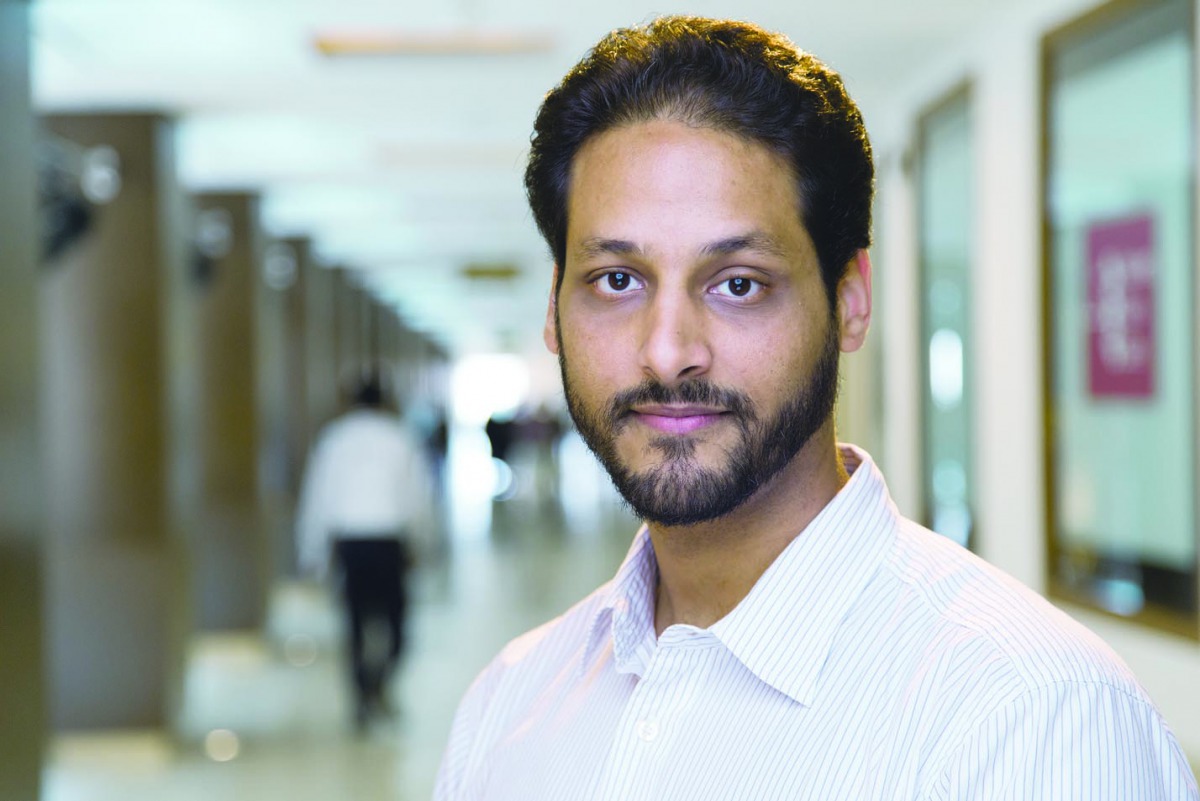
Hend Gedawy
Doha: Carnegie Mellon University in Qatar (CMU-Q), a Qatar Foundation partner university, received its first Post-Doctoral Research Award (PDRA) from Qatar National Research Fund (QNRF) for a project led by Hend Gedawy, with Khaled Harras as a mentor.
The project, which will harness edge resources for deep learning, could have profound implications in mobile health applications and data privacy.
The PDRA program is an initiative of QNRF to build human capability in research.
The awards aim to encourage national and home-grown recent PhD graduates to pursue careers in research, particularly in areas that will contribute to Qatar’s vision and priorities.
Gedawy is a Carnegie Mellon alumna, completing her bachelor’s degree in computer science at the Qatar campus in 2009, and then her master’s degree from CMU’s School of Computer Science.
She returned to Qatar for her doctoral studies, completing her PhD at Hamad Bin Khalifa University in April.
“I feel like I never left CMU-Q,” said Gedawy, whose Ph.D. advisors included both Harras and faculty members from HBKU. “This is a great opportunity to continue my research and to come back to Carnegie Mellon.” Harras is a teaching professor of computer science at CMU-Q and the area head of the computer science program.

Khaled Harras
He taught Gedawy while she was an undergraduate student at CMU-Q and continued to serve as a mentor during her graduate studies: “This project is an extension of the work that Hend did while she was a doctoral student.
During her studies, she collaborated with faculty members at both HBKU and CMU-Q, and this collaboration will be a huge asset as we begin this new avenue of investigation.”
The project will explore new ways to employ machine learning for applications that process personal information.
Instead of collecting data and processing it in a centralised server, often located on a different continent, they propose to use edge resources to process the information locally. Edge resources include idle computing devices in a typical home, like tablets, televisions, and smart appliances.
This approach would lessen the lag time and also allow for private and identifying information to stay within the confines of a person’s home or immediate environment.
CMU-Q’s computer science program follows the CMU School of Computer Science curriculum, which is a world leader in the areas of artificial intelligence and machine learning.




